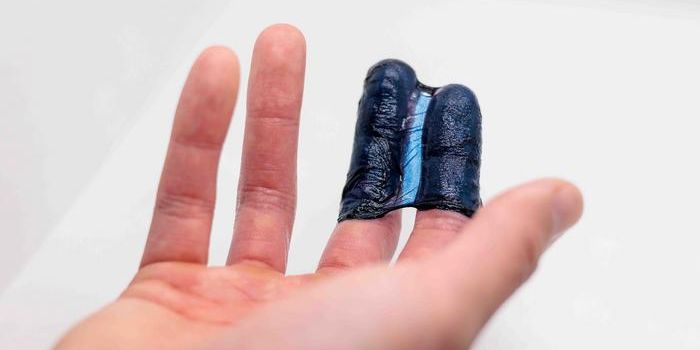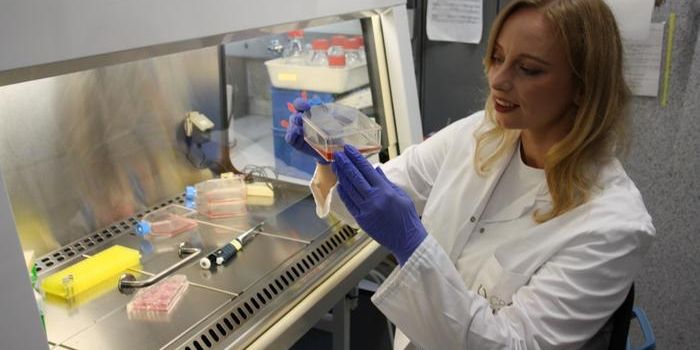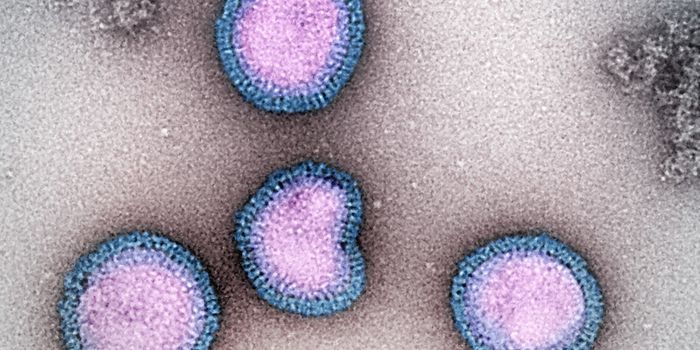It’s known that disorders like Alzheimer's and Parkinson's are related to the buildup of aberrant proteins in the brain. While the exact source of such proteins is unknown, it's known that errors in the cell’s ability to translate the genetic code into the right protein can cause faulty proteins to accumulate. The subject has been under study in the lab of University of California San Diego Professor Susan Ackerman for over a decade. Now, she and colleagues have found that a gene called Ankrd16 can stop the aggregation of aberrant proteins.
The genetic code is translated into an intermediary molecule, called RNA, and then transcribed into protein. Usually, proofreading mechanisms do a kind of quality control on the sequences to prevent errors from being introduced. Publishing in Nature, a research team including Ackerman, Paul Schimmel and My-Nuong Vo of the Scripps Research Institute and Markus Terrey of UC San Diego have reported that Ankrd16 rescues certain kinds of neuronal cells that die when the proofreading isn't working.
Those neuronal cells, Purkinje cells of the cerebellum, activate serine (an amino acid) improperly when they lack Ankrd16. That dysfunctional serine is then added to new proteins, which leads to a buildup.
"Simplified, you may think of Ankrd16 as acting like a sponge or a 'failsafe' that captures incorrectly activated serine and prevents this amino acid from being improperly incorporated into proteins, which is particularly helpful when the ability of nerve cells to proofread and correct mistakes declines," explained Ackerman, the Stephen W. Kuffler Chair in Biology, who has positions with the UC San Diego School of Medicine and the Howard Hughes Medical Institute.
Purkinje cells normally have low levels of Ankrd16 anyway, so they are particularly susceptible to defects in proofreading. Raising Ankrd16 levels protected the cells from Purkinje cells from death, the researchers found. When Ankrd16 was deleted from other kinds of neurons in mice that did not proofread properly, there was a widespread accumulation of dysfunctional proteins.
Ankrd16 has thus been suggested as a part of the machinery that stops major diseases from happening when proofreading isn’t working as it should. Because there have not been many candidates for genes that are responsible for the protein defects in neurodegeneration, the scientists think that this work may present a promising new drug target.
Learn more about the role of aberrant proteins in neurodegenerative diseases from the video.
Sources: AAAS/Eurekalert! Via University of California, San Diego, Nature










